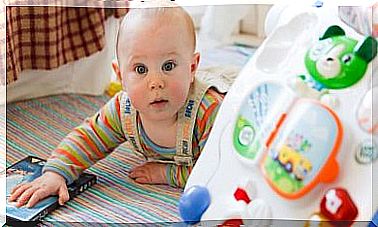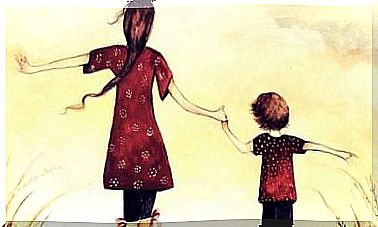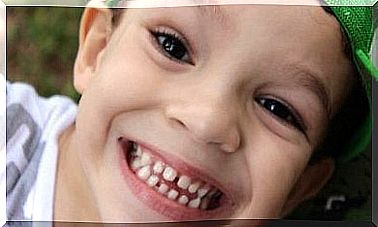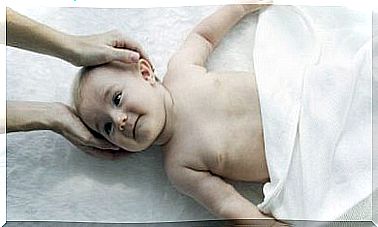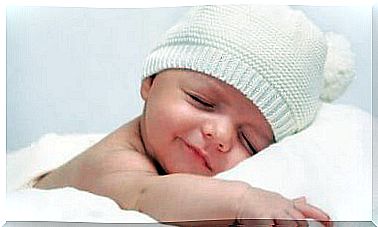Attachment Disorder: Causes And Treatment Options
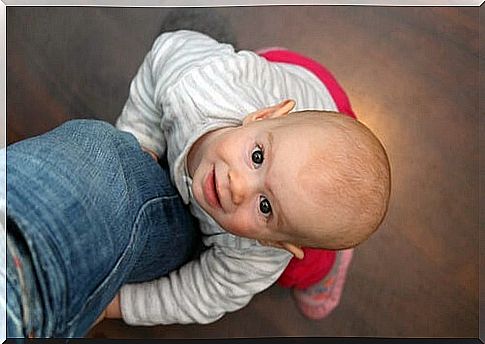
Inappropriate treatment in the child owner can lead to a reactive attachment disorder. The consequences can be very serious in adulthood if the necessary treatment is not given.
Unfortunately, many children find themselves in a situation that leads to reactive attachment disorder . If the most important confidants fail to fulfill their responsibilities, neglect or even abuse their children, the consequences are far-reaching, from which many suffer throughout life.
In this case, it is essential to recognize symptoms and treat them as quickly as possible in order to give the child the opportunity to develop self-confidence and to find emotional balance. Only in this way can it mature into a balanced adult.
How does a reactive attachment disorder come about?
Typically, a baby will develop a healthy emotional bond with his or her mother or another caregiver who cares for him.
Parents give the baby affection, care, security and protection. When these basic needs are met, the child can also achieve healthy self-esteem and emotional balance. It will benefit from this throughout its life.

But what happens if there is no such bond with the caregiver? If the child does not receive any attention or love, but is neglected or even abused? In this case one speaks of a reactive attachment disorder.
If the child has parents who pay neither physical nor emotional attention to them, or if they are cared for by different people, this emotional disorder can occur.
How does an attachment disorder express itself?
Emotional deficits lead to the child adopting various strategies to move more confidently in his world. Two opposite poles can be observed:
- Inhibited behavior. Affected children live withdrawn and cut themselves off from society. They prefer to spend their time alone than with others. They also avoid physical contact with others. They often suffer from irritability, sadness, or anxiety even when there is no obvious reason. They are unable to build relationships of trust that will last a lifetime.
- Uninhibited behavior. Affected children seek affection and love in everyone, no matter who it is. They know no precautionary measures, do not differentiate between family and strangers. They are constantly on the lookout for emotional support that they don’t get from their most important caregiver.
In addition, children with attachment disorders are usually not very empathetic. They lack empathy and have a very low tolerance for frustration.
This symptom is not only expressed in reactive attachment disorders. A medical certificate is necessary for an accurate diagnosis.
How do you treat reactive attachment disorder?
After the diagnosis, the psychologist or specialist can determine the best treatment. Every child is different and reacts differently. Therefore, individual therapy is most effective.
Depending on the age and situation, it can be more difficult or less complicated to treat the child. When the child is still young, they definitely need a caregiver who is emotionally available to them.
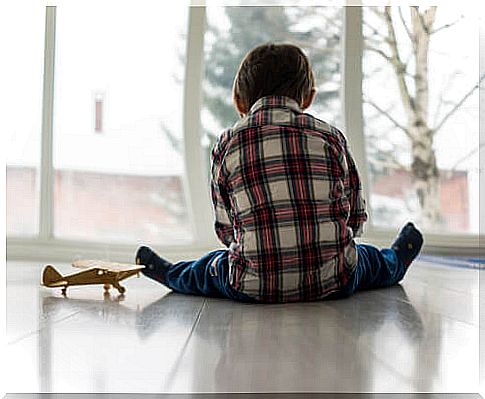
If the attachment disorder is not treated until adulthood, healing is difficult, but not impossible. In the case of loneliness, abuse or neglect in childhood, therapy is very painful!
All those affected have something in common: they have experienced great suffering, which will usually accompany them in one way or another throughout their lives.
The lack of love, care, and affection leads to fear of life. In many cases, those affected are not aware of it themselves, which is why specialist therapy is so important.
The self-image has to be revised, the past has to be mastered. Through therapy, those affected must recognize that they are valuable and deserve to be loved; that they themselves are not to blame, even if they experienced this differently in childhood. The way is difficult, but healing.
